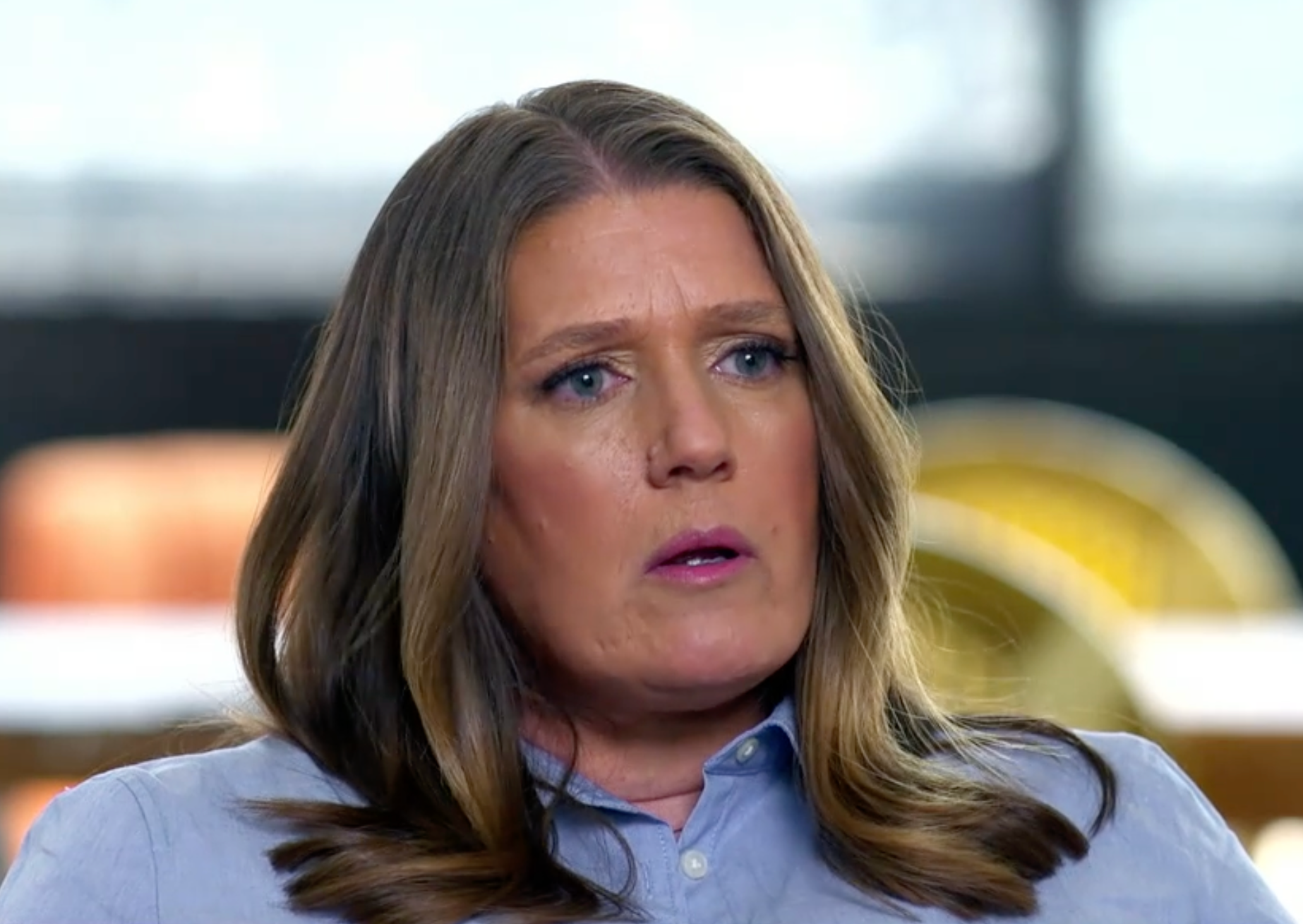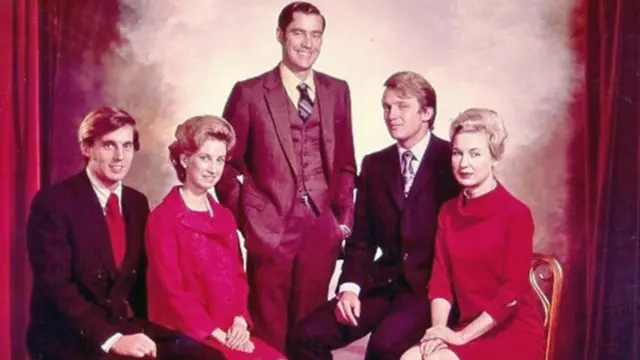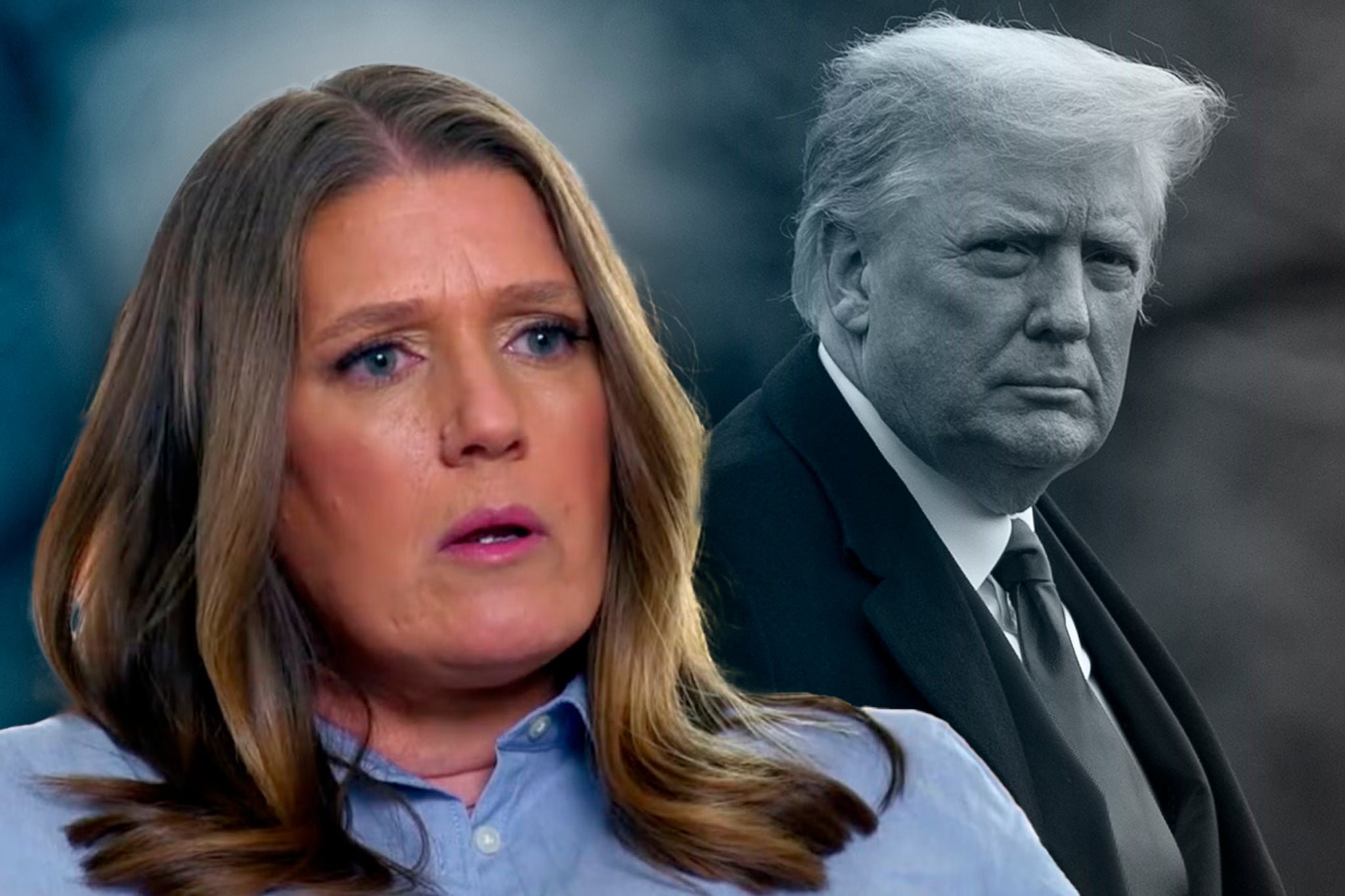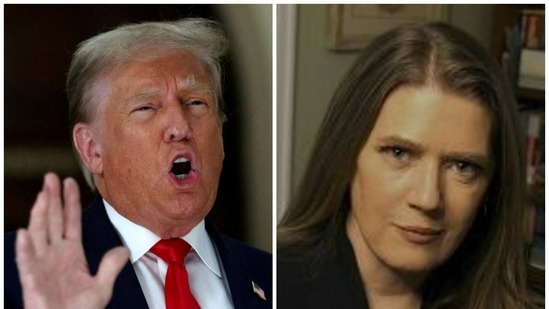Mary Trump, a clinical psychologist and author of the book Too Much and Never Enough, has continued her public commentary on former President Donald Trump, offering critical perspectives on his political influence and intentions as he begins a second term in office. Known for her outspoken views, Mary Trump remains one of the most prominent critics within the Trump family.

Background on Mary Trump’s Commentary
Mary Trump, the daughter of Fred Trump Jr., has gained national attention for her willingness to speak publicly about her uncle, Donald Trump. Her 2020 memoir became a bestseller, offering a psychological and personal account of the Trump family. In recent years, she has used various media platforms to express concern over the direction of American politics and what she views as potential threats to democratic norms.
In interviews and opinion pieces, including one published by The Telegraph and highlighted by Newsweek, Mary Trump has argued that the United States is undergoing a period of political strain and heightened partisanship. She has characterized this period as “uniquely dangerous,” particularly in the context of her uncle’s leadership style and public rhetoric.

U.S. Constitutional Limits on Presidential Terms
Under the 22nd Amendment to the U.S. Constitution, ratified in 1951, a president is limited to two terms in office. This amendment was enacted in response to President Franklin D. Roosevelt’s four-term presidency. The legal language of the amendment clearly states:
“No person shall be elected to the office of the President more than twice…”
This legal framework prevents any sitting or former president from pursuing a third elected term, regardless of popularity or political party support. There is currently no legal precedent or accepted legal interpretation under U.S. constitutional law that would allow for a third presidential term without a constitutional amendment—a process that would require significant congressional and state-level approval.

Public Reactions and Media Interpretation
Donald Trump, who returned to office in 2025 after previously serving from 2017 to 2021, has remained a polarizing figure in American politics. Media coverage of his speeches and interviews continues to receive substantial public and journalistic attention. In a recent public statement, Trump made a remark suggesting the existence of political “loopholes” that could potentially extend his political influence. However, he immediately clarified by stating, “I don’t believe in using loopholes.”
To date, no legal evidence or formal proposal has been introduced suggesting any effort to challenge the two-term limit outlined in the Constitution. Political analysts from multiple nonpartisan institutions, including the Brookings Institution and the Center for Strategic and International Studies, maintain that any attempt to serve beyond two terms would be constitutionally blocked unless accompanied by a formal amendment—a highly unlikely scenario given current political dynamics.
:max_bytes(150000):strip_icc():focal(749x0:751x2)/mary-trump-donald-trump-091124-3a57b78b8be04d5aa3775e3a879ee457.jpg)
Mary Trump’s Position on Political Leadership and Accountability
In her recent public appearances, Mary Trump has called for increased civic engagement and vigilance. Her comments reflect a broader discourse in American society regarding institutional resilience and the importance of upholding democratic norms.
She has expressed concern over what she perceives as erosion in public trust toward democratic institutions, including the judiciary, electoral system, and the free press. In her view, long-term trends in political polarization and media fragmentation have contributed to national division.
While Mary Trump’s opinions are shared by some political commentators, others argue that political processes in the U.S.—including checks and balances, electoral oversight, and judicial review—remain intact and function as intended by the Constitution.

The Role of Public Discourse in Democracy
Political scientists and legal scholars emphasize that strong democratic systems rely on open, fact-based public discourse. The right to dissent and critique public figures is a cornerstone of democratic society, protected under the First Amendment of the U.S. Constitution.
Mary Trump’s ongoing commentary highlights the importance of this principle. While her views may be controversial to some, they represent one of many voices contributing to the national conversation about governance, leadership, and the future of American democracy.

What Lies Ahead
As President Trump’s second term progresses, legal scholars and political analysts continue to observe developments closely. Thus far, there have been no official actions or proposals that suggest a deviation from constitutional norms regarding presidential term limits.
Any changes to term limit rules would require a constitutional amendment, a process that demands a two-thirds majority vote in both chambers of Congress and ratification by three-fourths of the states. This threshold ensures that significant structural changes to governance reflect broad bipartisan support and national consensus.

Conclusion
Mary Trump’s comments reflect a perspective rooted in personal experience and psychological expertise, coupled with a critical view of her uncle’s leadership. While some may disagree with her assessments, they serve to underscore the continued importance of civic awareness, institutional integrity, and constitutional literacy in American public life.
As the country navigates this new chapter in its political history, the role of voters, courts, lawmakers, and civic leaders will be crucial in ensuring that democratic norms and constitutional boundaries are respected.

Sources:
-
U.S. National Archives: 22nd Amendment to the U.S. Constitution
-
Newsweek: Mary Trump warns of danger
-
The Telegraph (interview citations reported by secondary sources)
-
Brookings Institution: Analysis on presidential term limits
-
U.S. Constitution – First Amendment and relevant federal statutes
